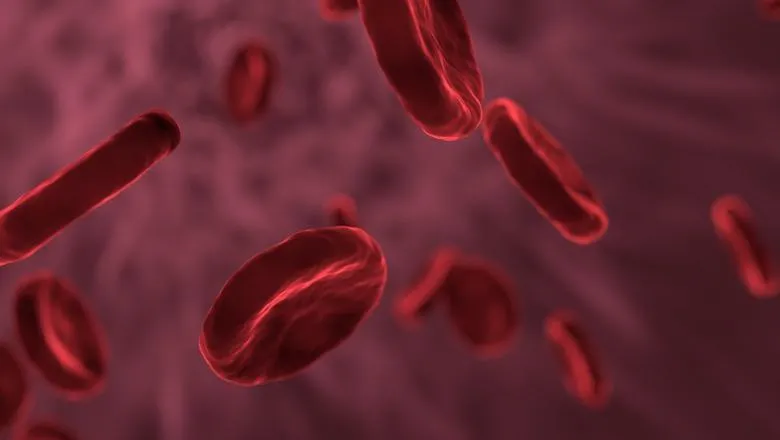21 March 2017
Blood spatters reveal a suspect's age through new technique
Researchers at King’s College London have discovered a new method of forensic analysis which could more accurately predict the age of criminal suspects based on samples of blood and saliva found at crime scenes.

The study published last week in Forensic Science International: Genetics tested a technique which uses a form of artificial intelligence or ‘machine learning’ to analyse a specific set of biomarkers in blood samples. The team of researchers were able to accurately predict the age of sample donors to within four years on average.
Bodily fluids are among the most important biological evidence recovered from crime scenes, but predicting the age of a sample donor is challenging.
In this study, scientists from King’s Forensics identified 16 key biomarkers for ageing and tested this in publicly available data from 1,156 blood samples. Using the machine learning technique, they were able to predict age accurately within an average range of around four years. Blind testing and validation in over 200 cases of blood and saliva samples showed similar results.
Information regarding the possible disease status of a suspect is usually unavailable in a forensic setting and therefore this study also included the effects of disease on age prediction in blood. They found that the model has the potential to perform well in cases of diseased samples, unless they are blood related disorders.
With more data, the model could also have the potential to be retrained to apply to other tissues, such as sperm or urine.
Co-author of the paper, Dr David Ballard, said: ‘Our study uses a novel method to improve the accuracy of predicting age. This is the first study to test next generation sequencing and machine learning technologies together to estimate age from blood and saliva samples.’
Senior author Dr Denise Syndercombe Court said: ‘Through further research, these findings could provide a basis for combined analysis techniques that would be of substantial value in forensic investigations in the future.’
For further information please contact the Public Relations Department at King’s College London on 0207 848 3202 or comms@kcl.ac.uk
‘DNA methylation-based forensic age prediction using artificial neural networks and next generation sequencing’ is published in Forensic Science International: Genetics


